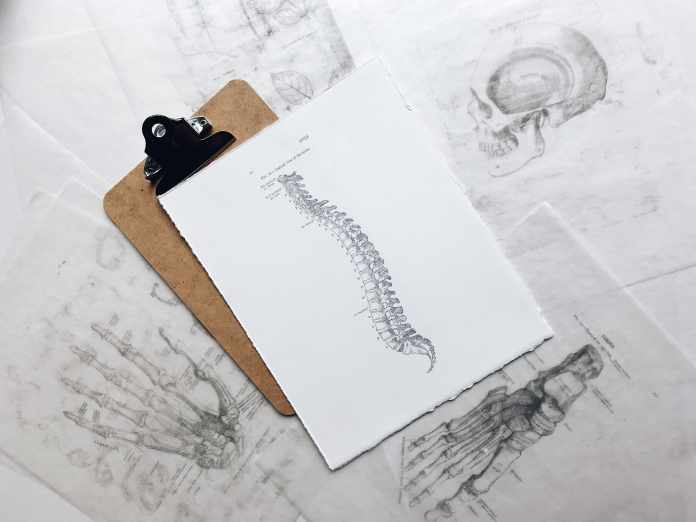Living with chronic pain is a never-ending struggle. It has an effect on every aspect of your life, from daily duties to relationships and your job. It imposes physical, mental, and emotional burden on you. Every day, millions of individuals suffer from the impacts of chronic pain. While medicine and other therapies may assist, they are frequently insufficient to control all symptoms and restore your life. Living with chronic pain that isn’t effectively managed can be excruciating. Continue reading to learn how to Deal with Chronic Pain
Table of Contents
Coping Skills- Deal with Chronic Pain
While living with chronic pain may appear to be a bleak prospect, keep in mind that these are worst-case possibilities. Many people, despite their anguish, go on to enjoy healthy, productive lives. This is due to the fact that they have developed coping mechanisms to deal with the pain, which often include a combination of drugs, alternative treatments, lifestyle changes, and positive coping abilities.
Exercise
Moving your body is beneficial to your health and can lead to increased discomfort. It should be tailored to your present fitness level and take into account all of your diagnoses. Don’t limit yourself to the gym. Exercise can help you keep your mobility if you have chronic pain. It also maintains your muscles engaged and your joints flexible, which can aid with chronic pain symptoms and consequences. However, before you begin, seek advice from your healthcare provider. To avoid causing further harm, be sure you’re doing the correct kinds of exercises.
Medicine
It’s possible that you’ll have to try a few different drugs before you find the one(s) that work best for you. While trying a range of medicines can be annoying, doing so may help you achieve better pain control in the long run. You might be concerned about having to take medication for the rest of your life and dealing with its adverse effects. You might be worried about painkiller addiction as well. While most pain drugs are safe and effective when used properly, you should speak with your doctor if you have any concerns. He or she can assist you in weighing the benefits and drawbacks of each option, as well as clearly explain the dangers involved.
Find Specialist
To offer you superior treatment, an advanced pain clinic & physicians collaborate with therapists and specialists who specialize in spinal rehabilitation. They can achieve astonishing outcomes and offer you a refreshed sense of well-being by using a team approach to applying sophisticated diagnostic testing and therapy. As your suffering decreases and you are able to return to the activities you once enjoyed, you can regain your zest for life.
ID Triggers
Consider the following scenario: Because he or she does not plan ahead for appointments, he or she is frequently late due to traffic and other unforeseen issues. Pain levels rise as a result of this “stress.” Developing a behavioral approach for arriving early to appointments and resting before leaving can go a long way toward alleviating stress and pain exacerbation. This is a good way to manage your time and suffering. Before going to bed, a couple makes a habit of bringing up and addressing stressful matters. The person suffering from chronic pain becomes “stressed,” sleeps poorly, and wakes up in pain. A simple behavioral prescription limiting these types of discussions (for example, about money) in the evening could help avoid this trigger. This practice can help you identify the aspects in your life that affect your pain. Recognizing how stress impacts pain gives people the ability to manage chronic pain without the use of pain drugs.






